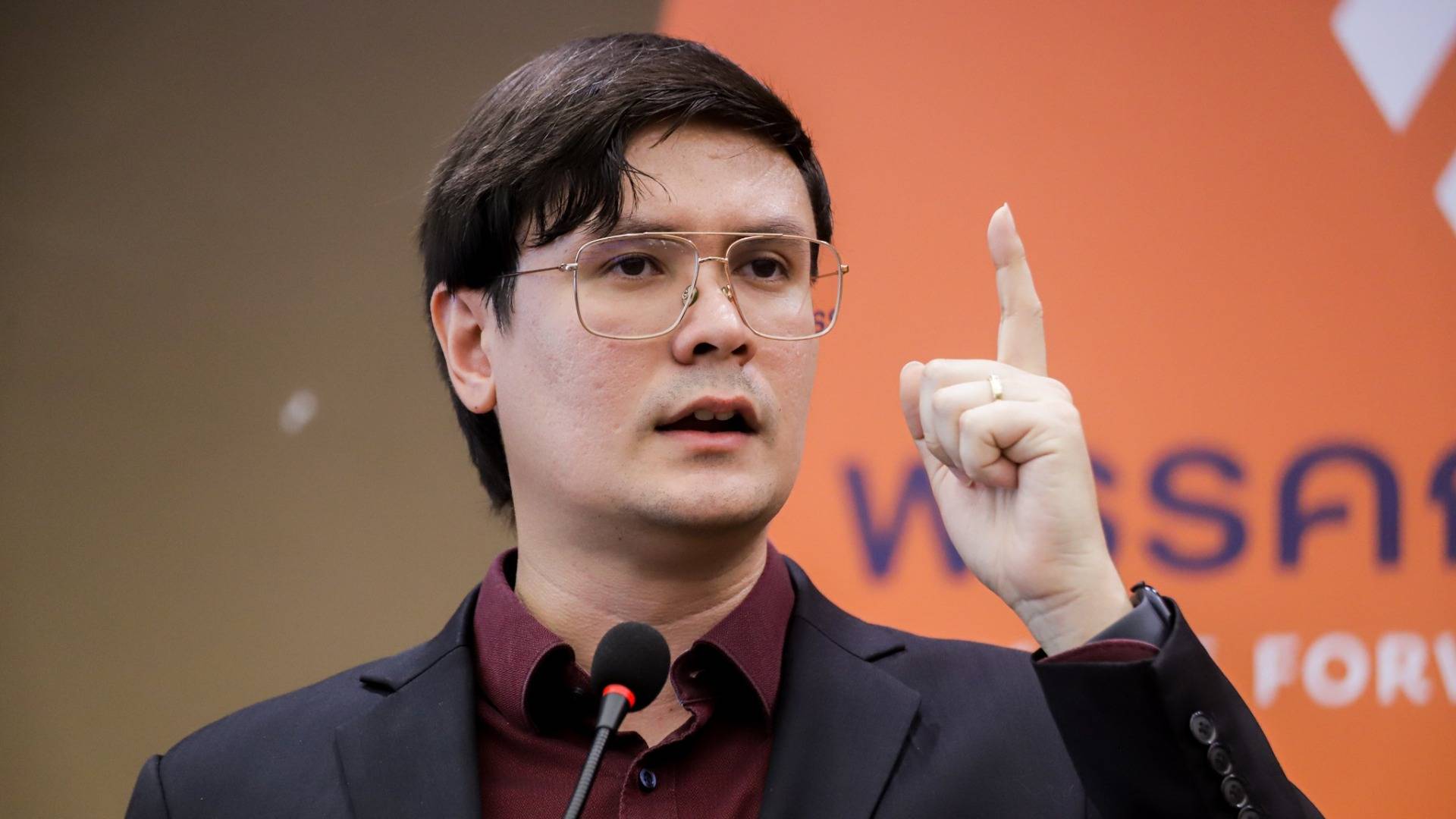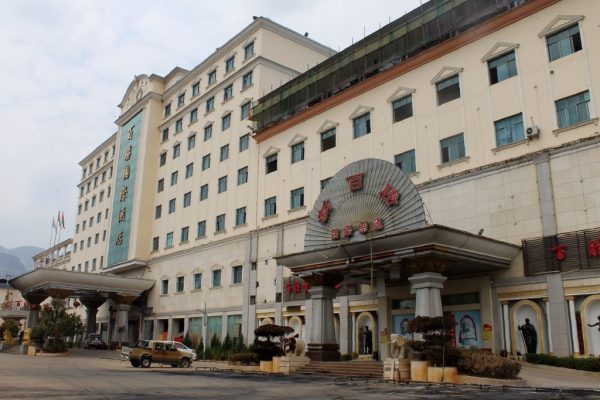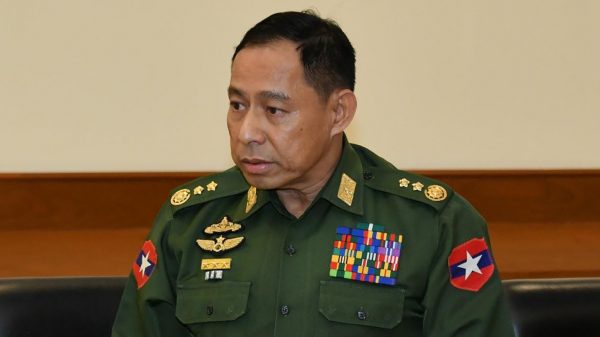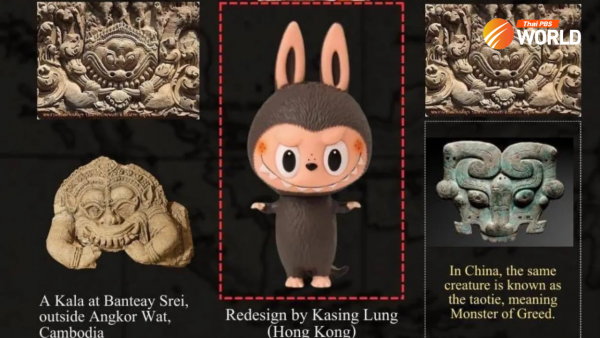Thailand must stop indulging the Myanmar junta, say dissidents

Thailand should review its controversial junta-supportive approach to deal with the crisis in strife-torn Myanmar, dissidents fighting military rule said even as Bangkok began the implementation of a humanitarian corridor to deliver assistance to affected people.
Dissidents, activists, politicians and experts gathered at Thailand’s Parliament in Bangkok on March 2-3 for a seminar hosted by the House of Representatives Committee of Security and Border Affairs to exchange views on the situation and solutions to the ongoing crisis in the neighboring country.
What’s going on in Myanmar at present is a revolutionary war to terminate the military dictatorship and install a federal democratic union of Myanmar, the dissidents said.
But this huge effort requires cooperation and assistance from the international community, notably immediate neighbors like Thailand, they said.
Speaking via video conference from New York, Myanmar’s Permanent Representative to the United Nations Kyaw Moe Tun urged the Thai government and parliamentarians to put more efforts into helping ease the crisis in Myanmar, which was spilling over and affecting Thailand directly.
Legitimizing the military junta in Nay Pyi Taw is not in the Thai interest, said the eminent diplomat who has defied the State Administration Council (SAC)’s order to force him to step down since the military commander Min Aung Hlaing staged a military coup in February 2021.
Thailand has consistently faced criticism for its role in supporting the SAC junta’s brutal rule in Myanmar and its heavy-handed suppression of dissidents, and also for giving the military rulers legitimacy in international forums.
The Thai government under former prime minister Prayut Chan-o-cha, who was known to have personal connections with dictator Min Aung Hliang, hosted international forums in Bangkok a few times last year that gave the SAC’s ministers platforms to explain their viewpoint after ASEAN had barred them from participating in key meetings.
Thai officials, both civilians and military, regularly visited Nay Pyi Taw for routine engagements, turning a blind eye to the oppressive situation on the ground.
The SAC junta too treated Thailand differently. For instance, it allowed then foreign minister Don Pramudwinai to meet detained democratic icon Aung San Suu Kyi in July last year, while the same requests from ASEAN special envoys were rejected.
The foreign minister of Myanmar’s National Unity government in exile, Zin Mar Aung, who also spoke to the forum via video conference, wanted Thailand to play a constructive role in helping Myanmar restore democracy.
The junta’s warning
Rangsiman Rome, chairman of the Security and Border Affairs Committee of the House of Representatives, said the seminar was the first step in bringing all stakeholders in Myanmar together for consultation and cooperation to restore permanent peace in the country.
While many representatives of international organizations, diplomats, and non-governmental organizations attended the seminar, many Thai security agencies, including the National Security Council and the military, declined to send their officials.
Another surprise was Thailand’s Foreign Minister, Parnpree Bahiddha-nukara, who was scheduled to deliver the opening speech on his Myanmar policy, pulling out at the last minute after receiving a secret letter from Nay Pyi Taw protesting against the seminar.
Such a seminar will have a negative impact on the existing friendly relations between Myanmar and Thailand, the letter from the SAC’s foreign ministry said.
“The ministry has further the honor to request the government of Thailand to relay Myanmar’s concern on the said activity to the Parliament of Thailand and notify them not to carry out any activities that could hinder the ongoing cordial ties in the future,” said the letter seen by Thai PBS World.
The chief advisor to the opposition Move Forward Party, Pita Limjaroenrat, told reporters that it was legitimate for the Thai Parliament to host such a forum and talk about the situation in neighboring Myanmar, as well as seek solutions to the ongoing crisis that directly affected various sectors in Thailand.
“Representatives of the people must talk about what affected the Thai people. It is not an interference [in Myanmar’s internal affairs] but we cannot stay away from the problems next door,” he said.
Flawed humanitarian corridor
Participants attending the seminar were in agreement with the Thai government’s initiative to open a humanitarian corridor to deliver assistance and basic needs to affected people inside Myanmar and along the border with Thailand.
However, they are worried that the delivery of such assistance through the SAC’s official channels will not effectively reach the people who badly need them, as the junta might not be able to reach many areas that are under the control of dissidents.
A participant at the seminar said that the SAC’s agencies, such as the Myanmar Red Cross, were not exactly humanitarian agencies but security organs that regularly spied on the people.
The Thai Red Cross is reluctant to join the scheme as it worries about being used for whitewashing the Myanmar junta, an inside source revealed.
Parnpree, who is also a deputy prime minister, had agreed with SAC Foreign Minister Than Swe during a meeting in Beijing in December last year to set up a joint mechanism for humanitarian assistance to Myanmar.
The initiative was endorsed by ASEAN during an informal meeting of foreign ministers in Luang Prabang, Laos in late January.
It would be implemented in line with the ASEAN Five Point Consensus adopted by the regional grouping in April 2021.
The ASEAN Coordinating Center for Humanitarian Assistance on Disaster Management — better known as AHA Center — has been designated to handle the delivery of the assistance.
The United Nations estimates that the violence in Myanmar has displaced at least 2.6 million people across the country, with more than 628,000 people forced to flee the latest wave of military clashes since Operation 1027 was launched by ethnic armed alliances against the junta in late October last year, according to the UN Office for the Coordination of Humanitarian Affairs. Thousands of them have reached the Thai border, waiting for access to inner areas.
Humanitarian assistance continues to face constraints in terms of access to needy people and Myanmar’s bureaucratic impediments due to mistrust among conflicting parties.
Last year, more than 140 aid workers were arrested and detained by not only the SAC junta but also other armed organizations, according to the UN.
Experts and aid workers attending the Thai Parliament seminar suggested a community-based approach to the delivery of humanitarian assistance so as to effectively reach out to affected people.
By Thai PBS World’s Regional Desk






